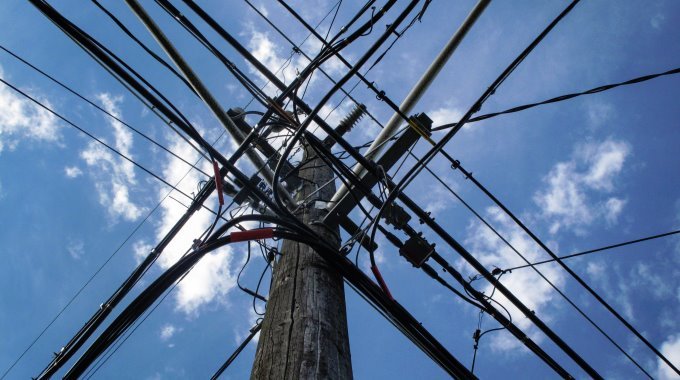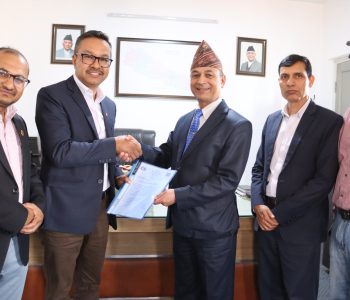Power dispute deepens as NEA prepares to cut off industrial electricity amid ongoing tariff controversy

KATHMANDU: In a fresh twist to the ongoing dispute over dedicated and trunk line tariffs, talks between Energy Minister Deepak Khadka, industrialists, and officials from the Nepal Electricity Authority (NEA) have ended without any resolution. The NEA is preparing to cut power to several industries without resolving the conflict, creating tensions between the government and industrial stakeholders.
The discussions hit a deadlock after NEA Executive Director Kulman Ghising made it clear that he could not provide documented evidence regarding the disputed tariffs. This led to an impasse, as the industrialists refused to settle outstanding bills without proof. Minister Khadka had earlier urged both parties to find a resolution through dialogue, but Ghising maintained his stance, leading to growing uncertainty.
Unpaid Bills and Government Action
The conflict escalated when the NEA issued a notice giving 49 industries until November 6 to clear their outstanding dues. This was followed by a government request for a 15-point report from Ghising, outlining the NEA’s position. Despite these moves, tensions have risen as the NEA prepares to cut electricity from November 8, a decision that could impact Nepal’s industrial sector during the festive season.
The dispute centers on charges levied for dedicated and trunk lines, which industrialists claim were imposed without proper documentation. Ghising, however, has stated that evidence was provided where needed, though he refused to comply with the industrialists’ demand for further proof.
Minister Khadka had earlier urged the NEA to avoid rash decisions, warning that cutting power to industries could have severe economic consequences. “The government is committed to resolving this issue through dialogue, and actions like cutting power should not be taken lightly,” a source from the Ministry of Energy said.
Historical Context of the Dispute
This is not the first time industrial power supply has been threatened. In December 2023, the NEA cut off power to 24 industries due to outstanding bills amounting to NPR 22.24 billion. The government had formed a commission led by former Supreme Court Justice Girish Chandra Lal to investigate the tariff dispute, and power was eventually restored after 20 days of negotiations.
The NEA’s latest move to cut power comes despite the government’s efforts to mediate a solution. The commission had previously recommended waiving dues from August 2015 to December 2015 and May 2018 to June 2020. However, the NEA recently sent letters demanding NPR 6.6 billion in unpaid dues for the period between January 2016 and April 2018, reigniting tensions.
Potential Impact on Nepal’s Economy
If the NEA proceeds with its plan to cut power, it could disrupt industrial production at a time when Nepal’s economy is already facing challenges. The ongoing tariff dispute has raised concerns about the broader implications for Nepal’s industrial sector and foreign direct investment (FDI), which relies on stable energy supply and government support. Industrialists argue that the NEA’s actions, without sufficient evidence, violate existing regulations and laws, and have vowed to resist paying any amount until the dispute is settled.
As the November 8 deadline approaches, the stage is set for a potential showdown between the NEA and the government, with industrialists caught in the middle. Minister Khadka’s efforts to mediate may be the last chance to prevent further disruption to Nepal’s industrial sector and to resolve the long-standing dispute over electricity tariffs.
The outcome of this controversy could have far-reaching consequences, not only for the industries involved but also for the broader business and investment climate in Nepal.












Facebook Comment